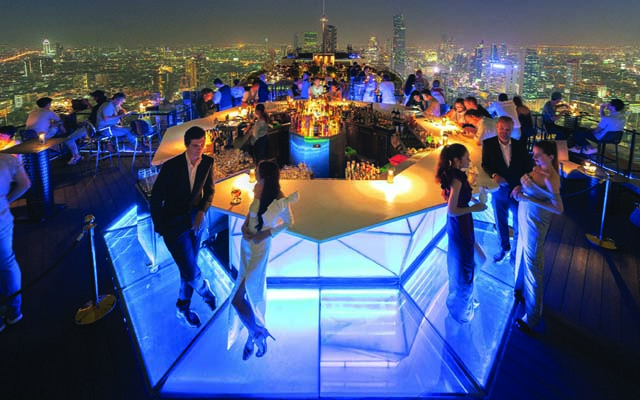Thailand is putting forth a more compelling high-end proposition, with suppliers stepping up on service and experiential offerings. But is manpower keeping up?
With Thailand maturing past its image as an inexpensive destination, hospitality players are increasingly competing on service standards rather than price, although some continue to be encumbered by a talent shortage in the industry.
Thailand’s maturity as a destination has recently been accompanied by large-scale efforts to polish its image, including rebranding Pattaya from an entertainment town to a family-friendly destination, repositioning Hua Hin to a world-class beach resort, and anchoring Chiang Mai as a new gateway for FITs from China.

Previously seen as an affordable destination, Thailand last year came in fourth in WTTC’s ranking of countries by tourism receipts.
Against this backdrop, travel service providers are finding that price competitiveness alone is not sufficient to vie for quality business. Instead, more are prioritising compelling branding, innovation and enhanced service standards in order to stand out in the destination’s ever-growing hotel supply.
Edouard Demptos, general manager of Grand Hyatt Erawan Bangkok, observed that more guests are looking for elevated experiences rather than discounts.
“At the same time, they are seeking memories and experiences, health and wellness, as well as dining with a social responsibility aspect,” he continued.
In order to capture the higher-end segment, the hotel is paying special attention to guests’ individual preference through recent service enhancements.
“For instance, Hyatt created a new luxury travel advisor programme, Hyatt Privé, designed for invited clients only. These guests get access to personal connections, local recommendations and exclusive promotions at Hyatt’s luxury, lifestyle and resort hotels.”
Patrick Basset, COO for upper Southeast and Northeast Asia at Accor, said Thailand has built up a strong heritage in hospitality as well as convenient access via strong regional flight connections.
“(Over the years) Thailand has transformed to offer an extensive collection of high-end products and services as luxury travellers seek experiences that are authentic and tailored to their personal needs.”
“If we do this (offer authentic, tailored expereinces) successfully, then there is an immense feeling of discovery for guests. They are more likely to go home and pass on their stories,” Basset remarked.
Overall, the travel industry is becoming much more adept in boosting guest satisfaction, he observed.
On the east coast of Thailand, Pattaya is expected to benefit from the Eastern Economic Corridor and expanded U-Tapao Rayong-Pattaya International Airport.
Similar to Bangkok, luxury supply is growing alongside a focus on elevated services.
Kasemsak Bhamornsatit, owner of Trikaya Cultural & Academic Travel Services, said what is important now is to raise professionalisation among service providers, especially when it comes to personalisation.
He further cautioned that price wars, common in the destination before its image was spruced up, will inhibit the destination’s success.
The boutique travel operator has set its eyes firmly on quality over quantity. In most cases, the company will check in with customers and tailor packages based on their interests and preferences. The company hires only certified and experienced guides and they must be able to assist clients and respond to enquiries round the clock.
Trikaya Cultural & Academic Travel Services also derives business entirely from overseas travellers, mostly from North America, Singapore, the Philippines and China, Kasemsak said.
As new standards emerge when it comes to service and marketing, manpower may be a growing concern in the destination.
Chooleng Goh, general manager of the Athenee Hotel Bangkok, said Thailand continues to be a top-of-mind choice for both leisure and business travellers.
New hotels may be opening in Bangkok every month, but growing supply has posed “no problem” to demand, Goh said. The major difficulty hotels are facing, according to Goh, is talent shortage.
“Like many other hotels, we find it hard to (hire and retain) talented people,” she said, adding that new properties tend to poach manpower from more established hotels.
Moreover, employing front-office staff such as chamber maids and cleaners is no easy task “because local people don’t want to work such jobs despite them paying more compared to other jobs”, according to Goh.
To retain talents within the group, relocation options are made available to staff who are willing to transfer to different Luxury Collection (a Marriott brand) properties. Moving within the group is better than losing talent altogether, Goh stressed.
The Ministry of Tourism and Sports reported that 38 million foreigners travelled into Thailand in 2018, with the number expected to climb to 41 million this year.
The sector generated direct and indirect income of up to 19 per cent of the country’s GDP – representing the largest portion alongside export and agriculture.




















